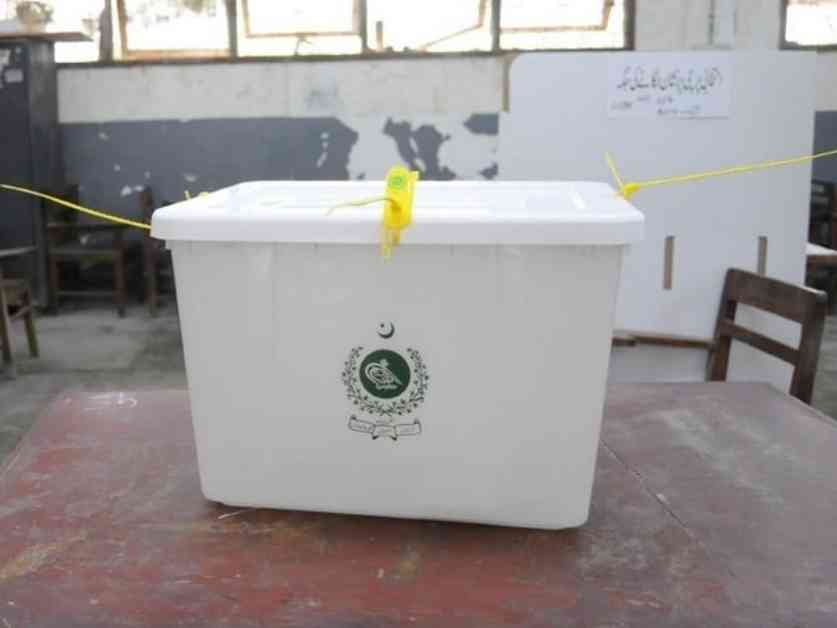The Senate Standing Committee on Parliamentary Affairs recently delved into a crucial debate regarding the voting rights of overseas Pakistanis, including dual citizens. Chaired by Senator Dr Mohammad Humayun Mohmand, the meeting brought to light the pressing issue of whether these individuals should be granted the privilege to vote in upcoming elections.
Significance of Extending Voting Rights
During the discussion, Senator Mohmand emphasized the importance of allowing overseas Pakistanis to participate in the electoral process. Drawing attention to successful implementations of postal balloting in other countries, he questioned why Pakistan couldn’t adopt a similar approach to ensure the inclusion of its expatriate community in decision-making.
Concerns and Considerations
A representative from the Election Commission of Pakistan (ECP) shed light on previous efforts to explore voting mechanisms for overseas citizens. Despite acknowledging the practicality and cost-effectiveness of postal balloting, concerns were raised about the potential for malpractice due to limited supervision. An audit had previously cautioned against internet voting, citing significant security risks such as hacking, which deemed online voting unsafe for general elections.
Legal and Constitutional Implications
As the discussion progressed, the possibility of amending laws and the Constitution to accommodate voting systems like postal balloting and Electronic Voting Machines (EVMs) was deliberated. However, Senator Kamran Murtaza voiced reservations, highlighting the need to align any changes with constitutional provisions. With limited support for such amendments, the chairman ultimately adjourned the meeting, emphasizing the importance of transparency and modernization in the electoral process.
In conclusion, the debate over diaspora voting rights continues to spark conversations and considerations about the future of Pakistan’s electoral landscape. As the country navigates through these discussions, the need for a transparent, secure, and inclusive voting system remains at the forefront of the agenda, ensuring that every Pakistani, regardless of location or citizenship status, has a voice in shaping the nation’s future.









